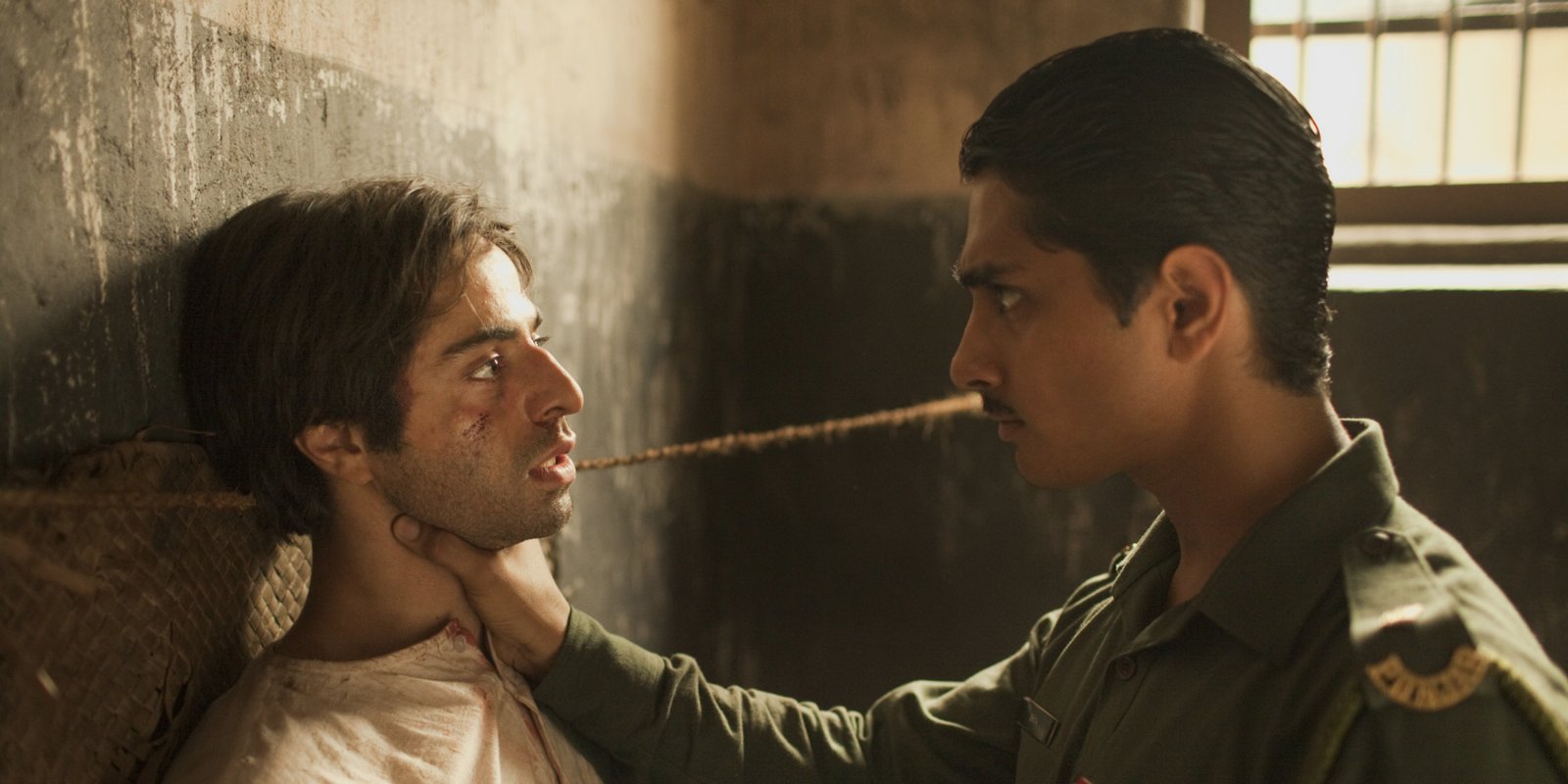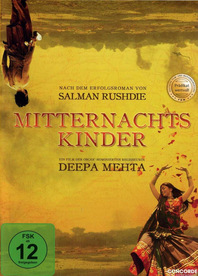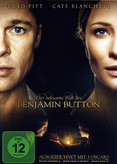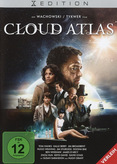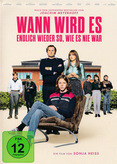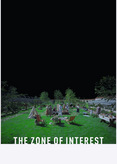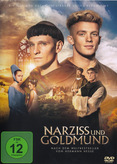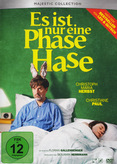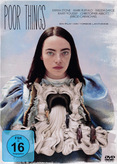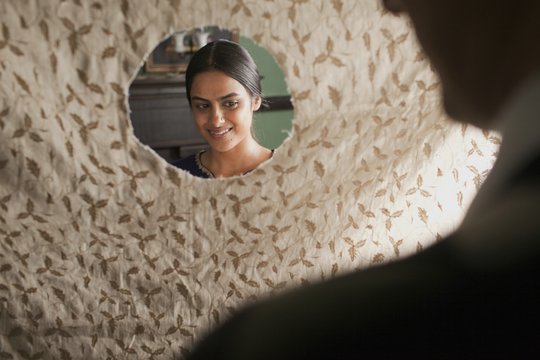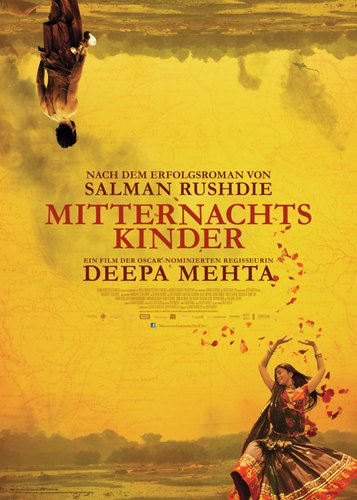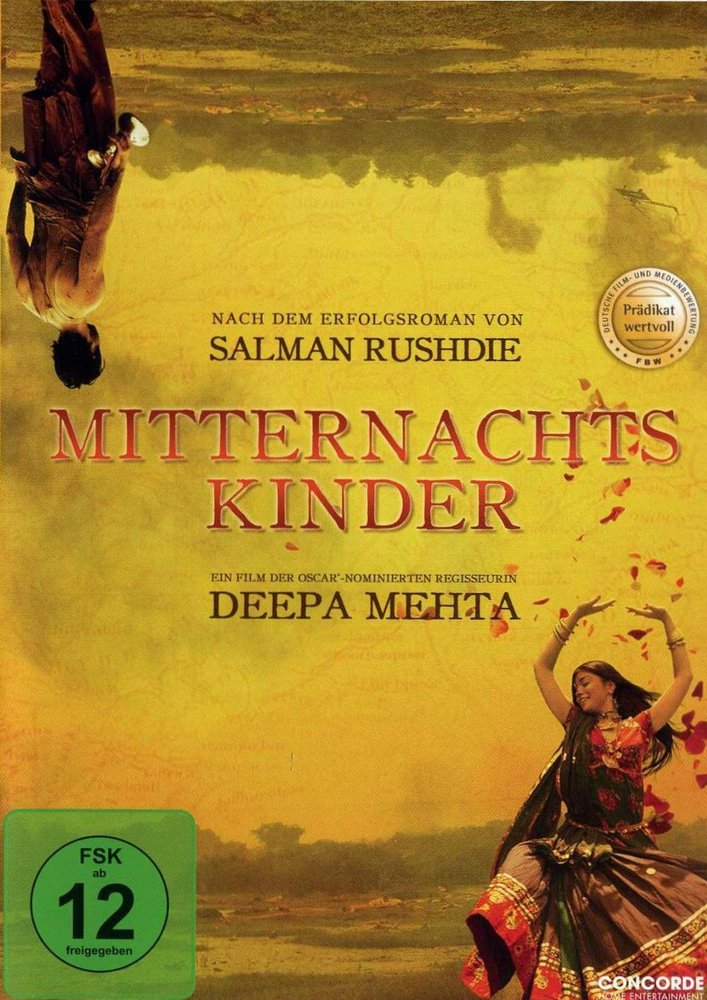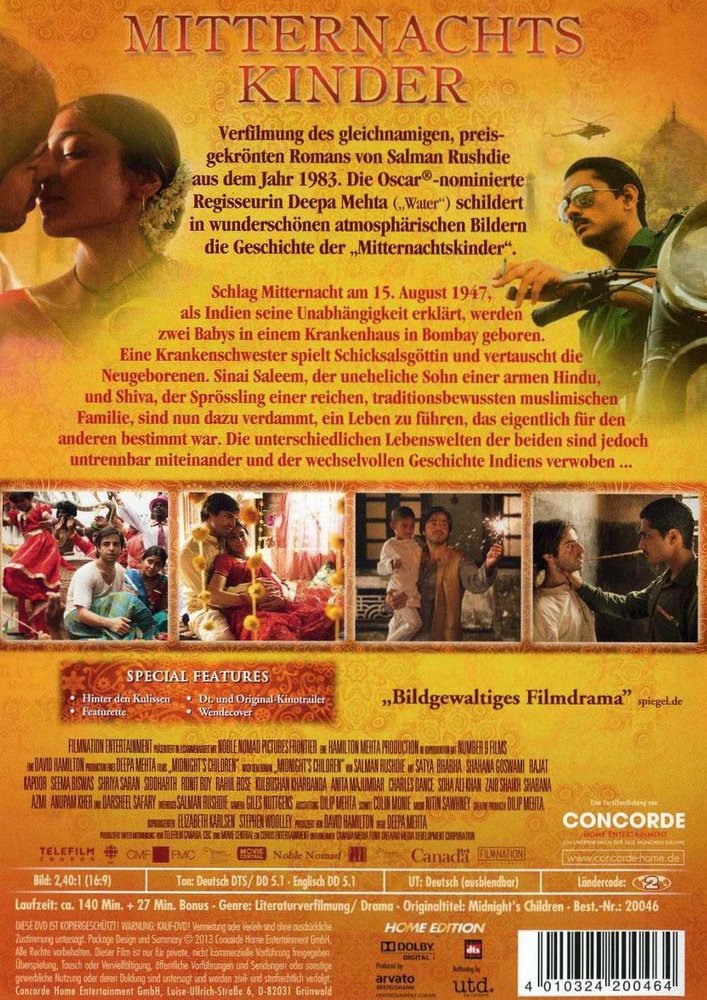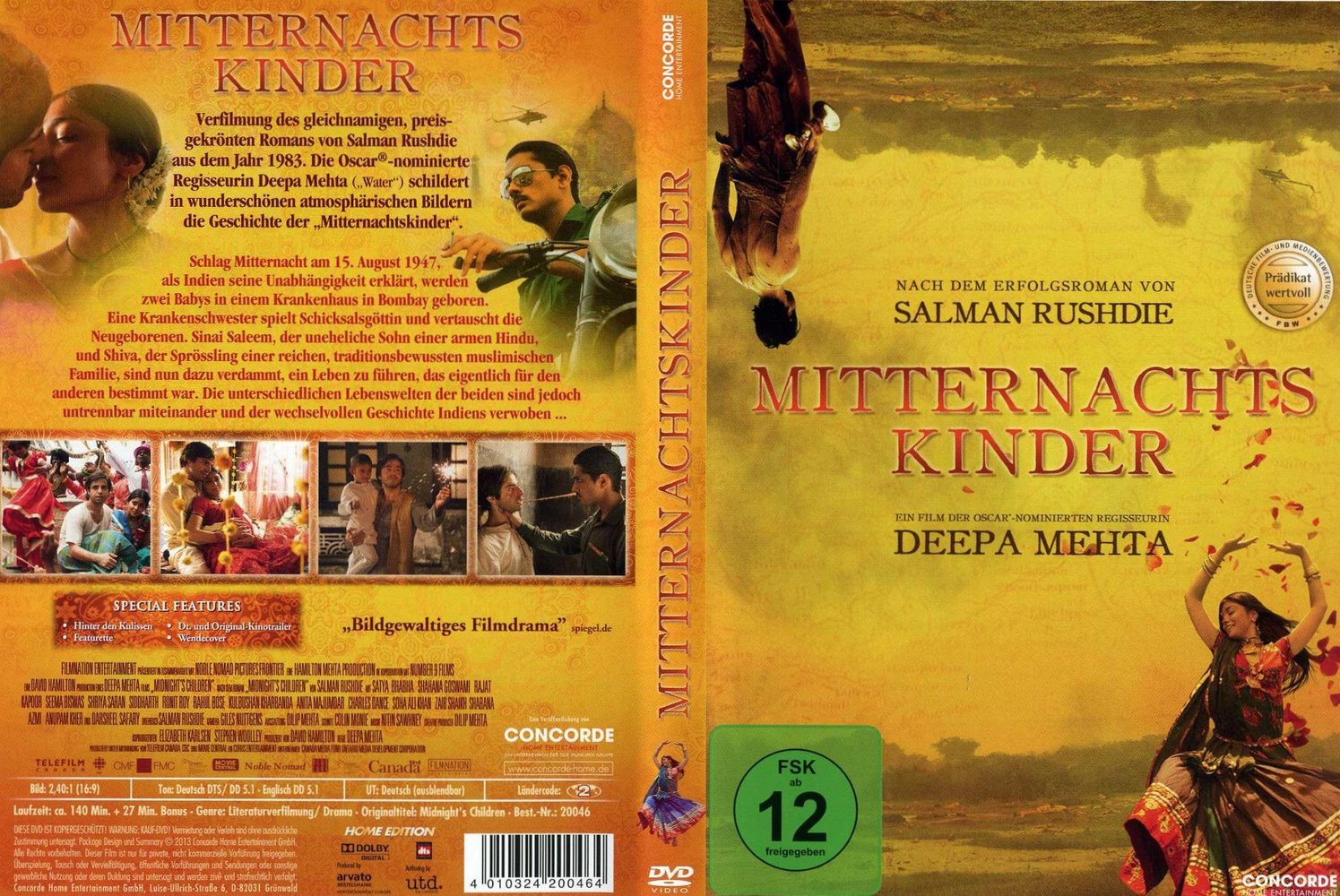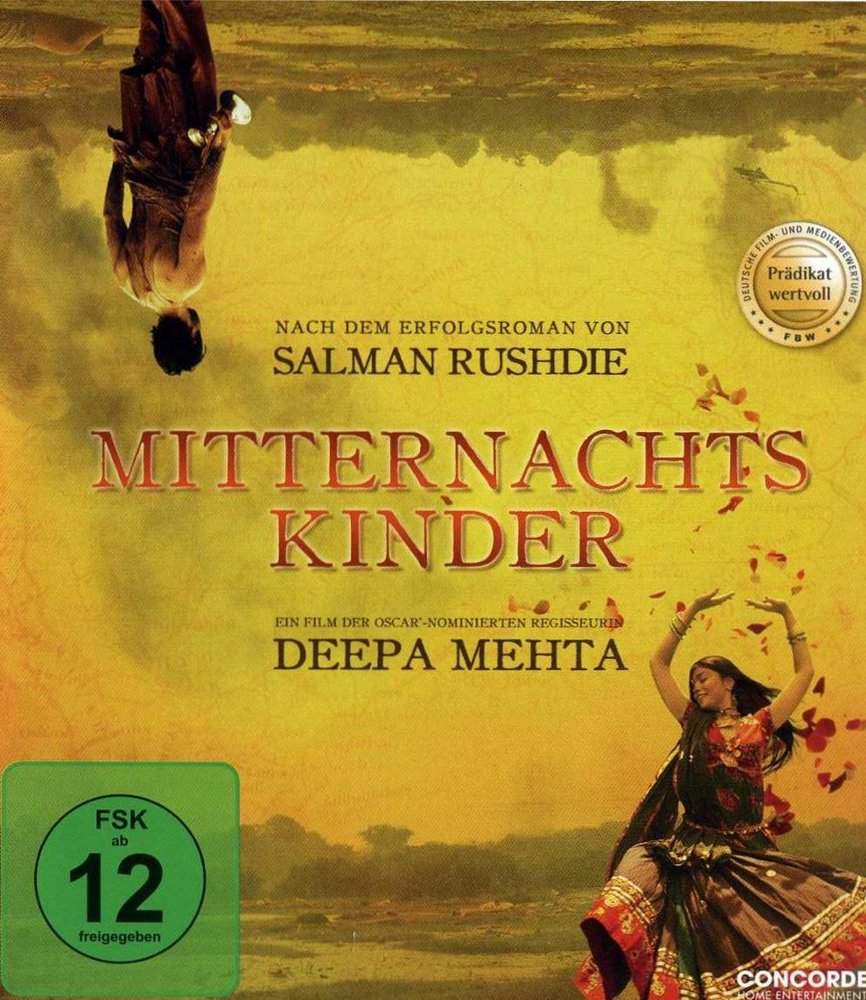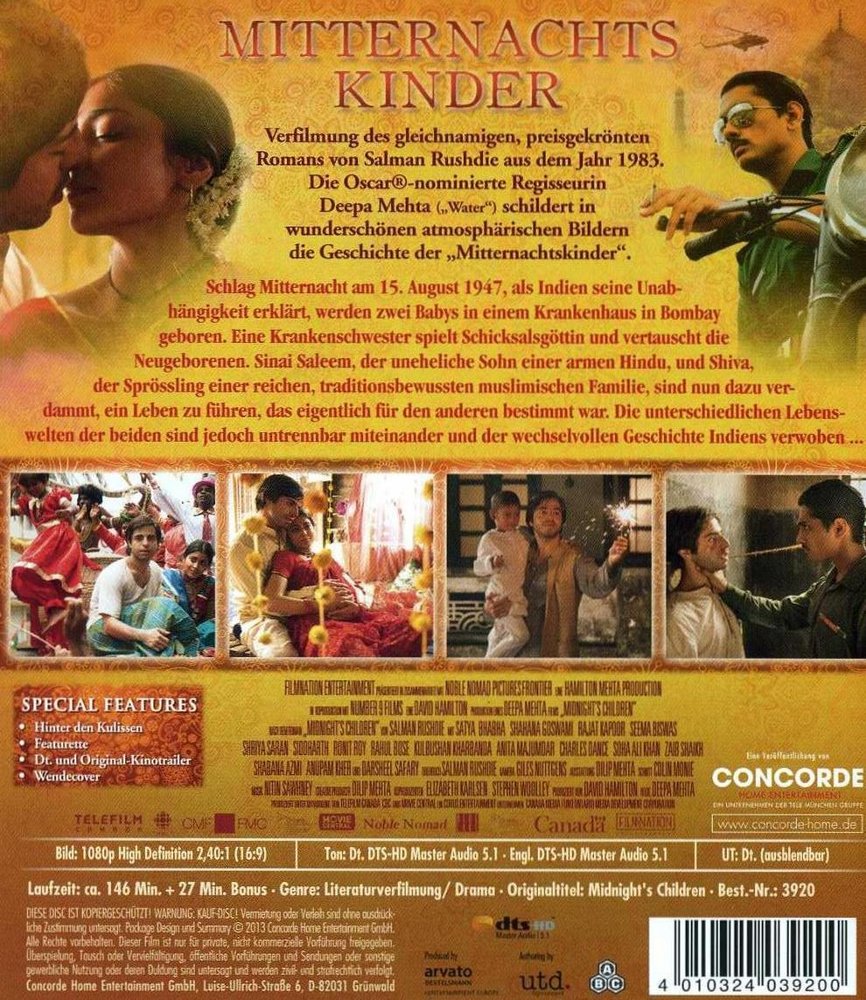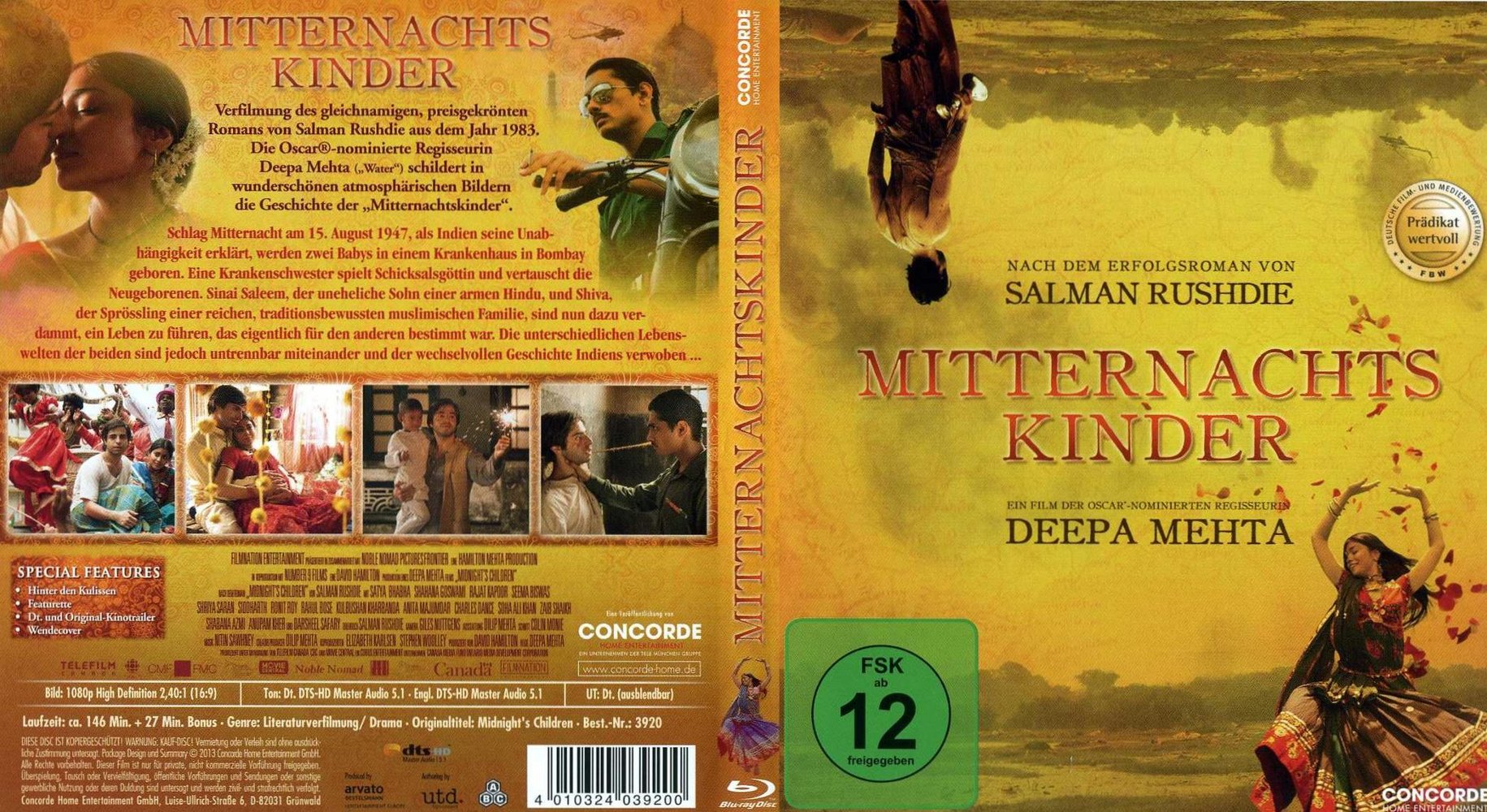Schlag Mitternacht am 15. August 1947, als Indien seine Unabhängigkeit erklärt, werden zwei Babys in einem Krankenhaus in Bombay geboren. Eine Krankenschwester spielt Schicksalsgöttin und vertauscht die Neugeborenen. Saleem Sinai, der uneheliche Sohn einer armen Hindu und Shiva, der Sprössling einer reichen, traditionsbewussten muslimischen Familie, sind nun dazu verdammt, ein Leben zu führen, das eigentlich für den anderen bestimmt war. Eines ist ihnen jedoch gemeinsam: Wie alle 'Mitternachtskinder' haben Saleem (Satya Bhabha) und Shiva (Siddharth) die besondere Fähigkeit, die Gedanken anderer Menschen lesen zu können. So treten die beiden in Kontakt und ihre unterschiedlichen Lebenswelten verbinden sich zunehmend - untrennbar verwoben mit der wechselvollen Geschichte Indiens, zwischen Aufbruch und Katastrophe...
Beginnend mit der ungewöhnlichen Liebesgeschichte von Saleems Großeltern bis hin zur Geburt seines Sohns ist 'Mitternachtskinder' auf der einen Seite ein groß angelegtes Gesellschaftspanorama, auf der anderen ein intimes und nuanciertes Porträt all seiner Figuren. Intensiv, humorvoll, magisch - der Film zaubert wunderbare, kräftige Bilder (Kamera: Giles Nuttgens) und Charaktere auf die Leinwand, die so vielfältig sind wie Indien selbst und die man so schnell nicht wieder vergisst. Als Initiationsgeschichte voller Irrungen und Wirrungen bezeichnet Deepa Mehta (Regisseurin der 'Elemente' Trilogie 'Fire, Earth & Water') ihr groß angelegtes, mit 127 Sprechrollen besetztes, fünf Jahrzehnte umfassendes Epos. Es geht um die Fehler, die Menschen machen, deren Folgen und die Last von Erwartungen. Kunst, Krieg, Politik. Im Zentrum steht eine indische Familie, stellvertretend für das Schicksal Indiens. Drehbuch und Romanvorlage stammen von Salman Rushdie, u.a. Autor von 'Die satanischen Verse', der seinen 1981 erschienen Bestseller als seinen 'Liebesbrief an Indien' begreift. Ganz dem Geist des Buches verpflichtet, sieht er den Film als Kunstwerk, das ganz für sich selbst besteht. Obendrein ist 'Mitternachtskinder' ein Aufruf zur Völkerverständigung, zur Demokratie, zum Frieden. Großes Kino.
Weiterlesen »
At the stroke of midnight on August 15, 1947, when India declares its independence, two babies are born in a hospital in Bombay. A nurse plays goddess of fate and swaps the newborns. Saleem Sinai, the illegitimate son of a poor Hindu, and Shiva, the scion of a rich, tradition-conscious Muslim family, are now condemned to live a life that was meant for the other. However, they have one thing in common: Like all 'Midnight Children', Saleem (Satya Bhabha) and Shiva (Siddharth) have the special ability to read other people's minds. In this way, the two come into contact and their different worlds increasingly connect - inseparably interwoven with India's eventful history, between departure and catastrophe...
Beginning with the unusual love story of Saleem's grandparents and ending with the birth of his son, 'Midnight's Children' is on the one hand a large-scale social panorama, and on the other hand an intimate and nuanced portrait of all its characters. Intense, humorous, magical - the film conjures up wonderful, powerful images (camera: Giles Nuttgens) and characters on the screen that are as diverse as India itself and that you won't forget in a hurry. Deepa Mehta (director of the 'Elements' trilogy 'Fire, Earth & Water') describes her large-scale epic spanning five decades with 127 speaking roles as an initiation story full of trials and tribulations. It's about the mistakes people make, their consequences and the burden of expectations. Art, War, Politics. At the center is an Indian family, representative of the fate of India. The screenplay and novel were written by Salman Rushdie, author of 'The Satanic Verses', among other things, who sees his 1981 bestseller as his 'love letter to India'. Completely committed to the spirit of the book, he sees the film as a work of art that exists entirely on its own. On top of that, 'Midnight Children' is a call for international understanding, democracy, peace. Great cinema.
More »

